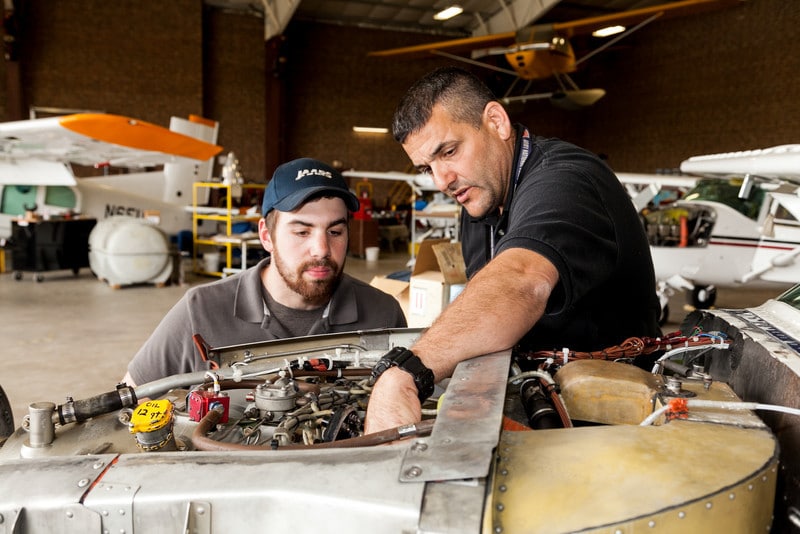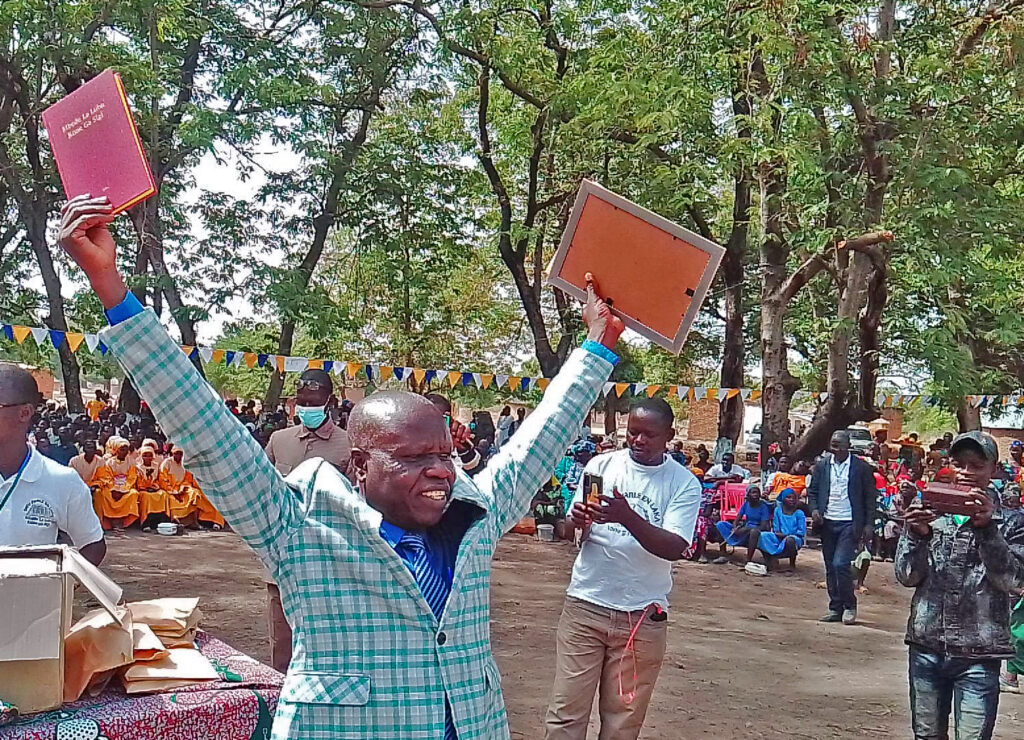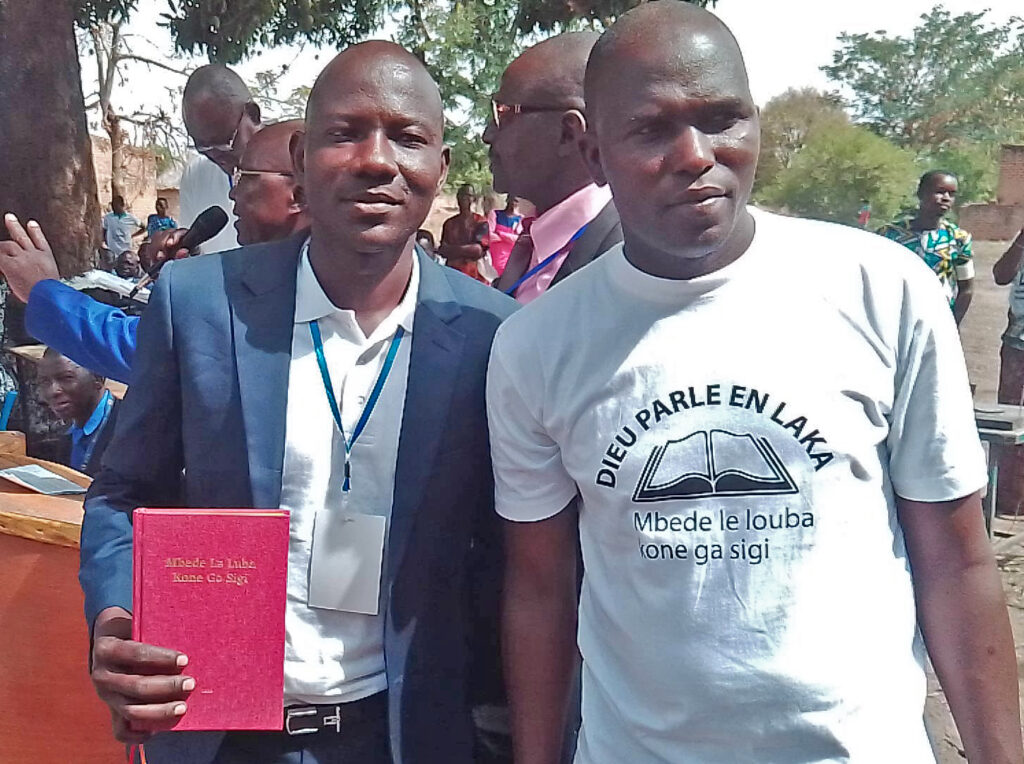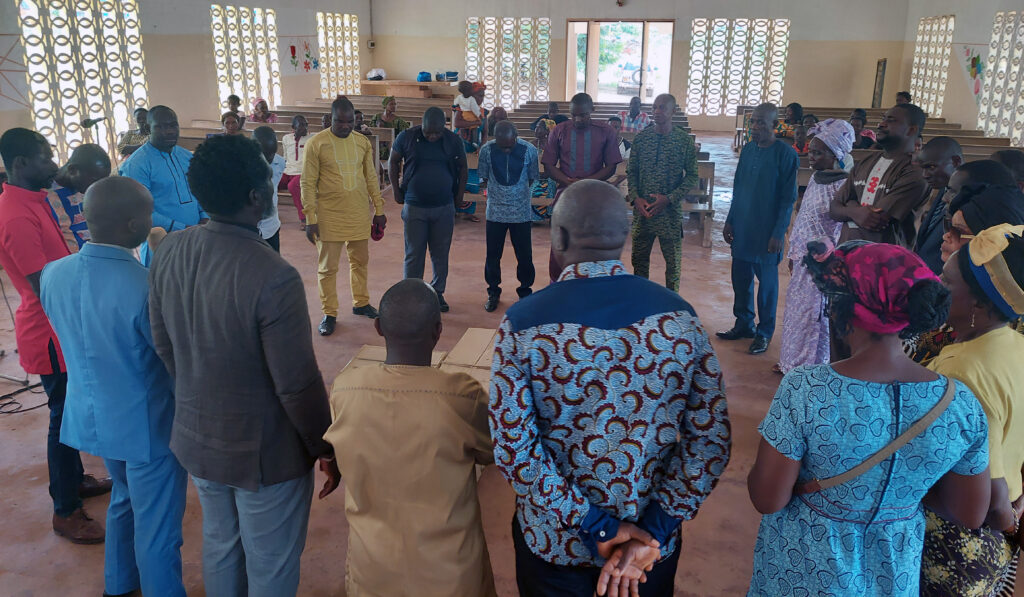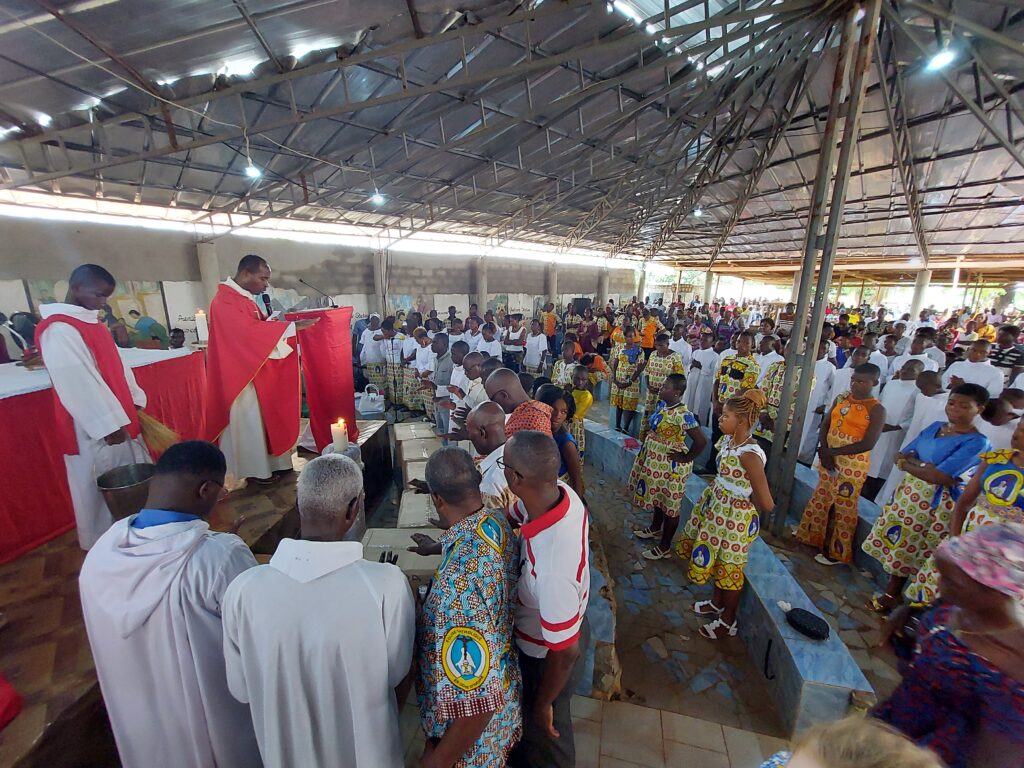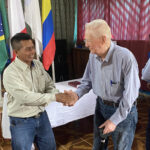Mission Aviators in the Making
A short, grassy runway on a mountainside. Mechanical concerns in remote locations. The lack of support systems such as weather information, radar, and traffic controllers.
A missionary pilot can expect to confront such challenges when he—or she—supports Bible translators around the globe. The 3½-month aviation orientation class, held twice each year at JAARS, trains licensed pilots and mechanics in the additional flight and maintenance skills they will need as they carry out God’s calling on their lives.
A recent class was a diverse group who arrived by different pathways. But they were united in the most important advice they would offer to anyone hoping to follow in their footsteps.
“Make sure it’s what God is calling you to do,” says Matt Stoker. When Matt entered aviation training at a community college, his goal was to fly for FedEx. But as his education advanced, he says, “God started changing my heart, calling me to missions.” Matt obtained additional ratings at Liberty University, but his current focus in the JAARS hangar is on mechanics. He will serve as an aviation mechanic in Papua New Guinea for two years before taking a seat in the cockpit himself.
“Be ready to wait,” advises Josh Eicholtz. He was inspired as a youth by a Missions at the Airport presentation at his middle school in Tampa, Florida. But he encountered delays on the road to joining the JAARS pilots he met that day. “I thought I was ready right out of college for the missions flying JAARS does. In reality, I needed more experience to meet the JAARS requirements. But that extra time of preparation was beneficial both professionally as a pilot/mechanic and personally with the relationships and maturity that developed.” Josh’s wife, Katie, joins him in saying, “We’re glad God’s timing is perfect.”
“Think about how you will pay for education,” Timo Kehr counsels. A native of Germany, he was educated in electrical engineering while his wife, Nina, studied nursing. When God called them to serve Flying Mission-Zambia, they went to Switzerland for his commercial aviation training. Timo and Nina continued to work and drew on their savings to pay for their education. They have also raised support from their family, church, and friends.
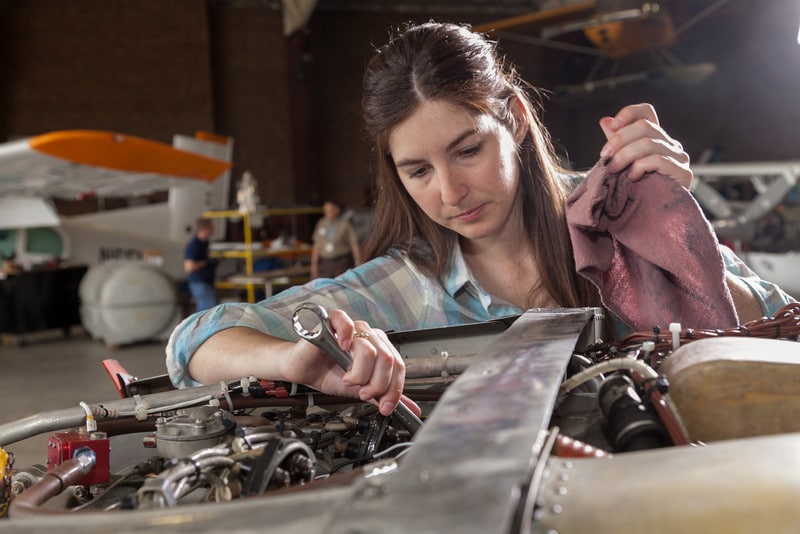 Lindsey Gray achieved her licensing and advanced ratings from several sources: from an aviation magnet program at an inner-city high school in North Las Vegas in 2006, to maintenance training at Liberty University in Lynchburg, Virginia, in 2011. “Most of my flight time has been obtained providing flight instruction,” she says. She is at JAARS to enhance her technical skills before joining Africa Inland Missions in Nairobi. “I know there will be some locations I cannot serve because of cultural prohibitions [against female pilots],” Lindsey acknowledges. “I will not fight that because it would not enhance the spread of the gospel.”
Lindsey Gray achieved her licensing and advanced ratings from several sources: from an aviation magnet program at an inner-city high school in North Las Vegas in 2006, to maintenance training at Liberty University in Lynchburg, Virginia, in 2011. “Most of my flight time has been obtained providing flight instruction,” she says. She is at JAARS to enhance her technical skills before joining Africa Inland Missions in Nairobi. “I know there will be some locations I cannot serve because of cultural prohibitions [against female pilots],” Lindsey acknowledges. “I will not fight that because it would not enhance the spread of the gospel.”
All the students cite the importance of the prayer, encouragement, and financial contributions of families and churches. They keep their supporters updated through newsletters, emails, and websites. “Our partners are churches, friends, family and co-workers spread out across the US—from Florida to Oregon,” says Josh. Lindsey adds, “I … understand that God has drawn me to mission aviation, so he will continue to provide financially for me to serve.”
“Keep in close contact to your church,” urges Timo. “Take one step at a time.”
“Choose to invest in someone who is currently serving as a missionary pilot/mechanic,” Lindsey advises. “Join their ministry team, and pray for them! This is a great way to see what life is like for someone in the field that could be your future.”
Matt counsels, “[Ministry] is very rewarding but it might not be exactly what you thought it was going to be like. Having the right expectations and knowing why you’re pursuing what you’re pursuing makes the challenges less difficult.”
Josh sums it up: “Stay focused on the goal, which is seeing lives changed with the power of the gospel. The excitement of flying will eventually wear off, but seeing lives transformed is an eternal perspective.”


